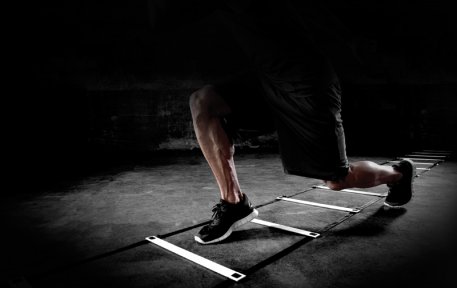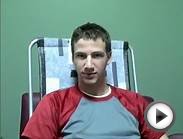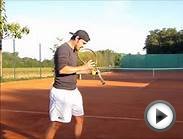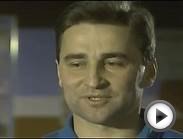
Most sport psychologists work with athletes on the mental side of their sport in an office setting (usually one hour per week), providing them with mental tools that they can use during training and competitions. This approach makes about as much sense as a coach offering their athletes technical instruction and then telling them to go out onto the field, course, court, or what-have-you and work on it in practice. In either case, the transfer from inside to outside isn’t very good.
I have found the most productive work I do with athletes is during their actual practice sessions. I’m able to go to training with athletes and show them how to incorporate mental skills, such as intensity, focus, imagery, and routines, while they’re actually practicing.
But, over the last few years, I have discovered an even better setting in which athletes can begin to develop their mental skills: the gym. Yes, using mental skills as a part of your physical conditioning program is a great way to begin to ingrain those skills that will be of such benefit in the quality of your training and when you compete.
Think of it this way. Both a drill in practice and, for example, a set of squats are physical performances that share many attributes. They both involve strength and technique. They hurt, especially at the end. And, most importantly, they require certain mental skills to maximize the gains you make from them.
A great thing about beginning your mental skills development in the gym is that it is a much less complex environment than in training and, as a result, it is easier to practice and learn the mental skills. You have fewer variables, fewer things to think about, and, importantly, fewer distractions that can prevent you from focusing on and practicing the mental skills.
Practice, competition, and conditioning exercises also have similar phases of execution. There is the preparation phase where you get yourself physically and mentally ready to perform your best. There is the performance phase where you are doing your best to perform at your highest level possible. There is the conclusion phase where you may be in pain and your body is telling your mind (often in a very loud voice!) to either ease up or stop because it hurts too much. Finally, there is the completion phase where you evaluate your performance and see what you can do to improve.
Source: www.psychologytoday.com
You might also like:






|
Mental Training: The Art of Life or Death Decision Making - How to Conquer fear in Sports, Martial Arts, Self Defense, Business (Psychology in Kindle Book 1) eBooks (Surreal.Media) |


















Yes! Tennis is more physically demanding than most people realize. Playing a three hour match demands not only immense physical stamina, but intense concentration and mental stability. Not only that, but it takes a long time to learn, especially the technique of it.
Otherwise,for person who gambles in BW*N(well,it's not AD),even a boring football match also be mentally challenging to him.